Understanding Heating Costs and Savings
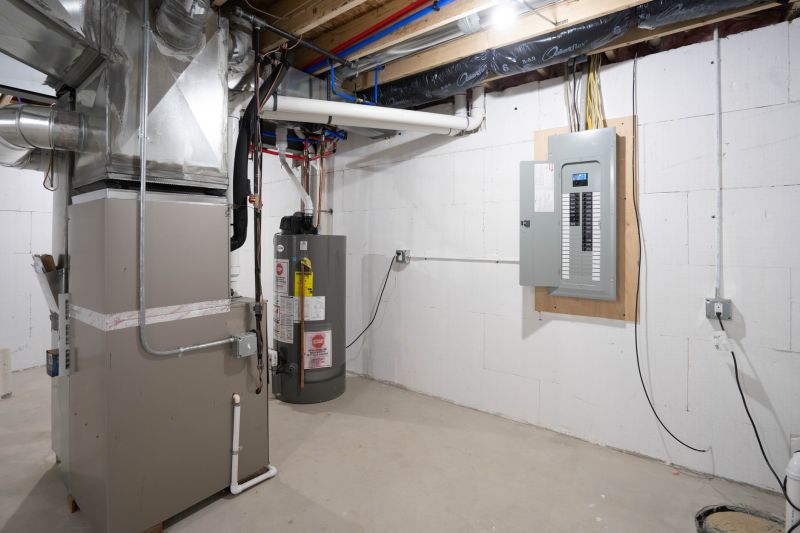
Different fuels like natural gas, electricity, or oil significantly affect heating expenses.
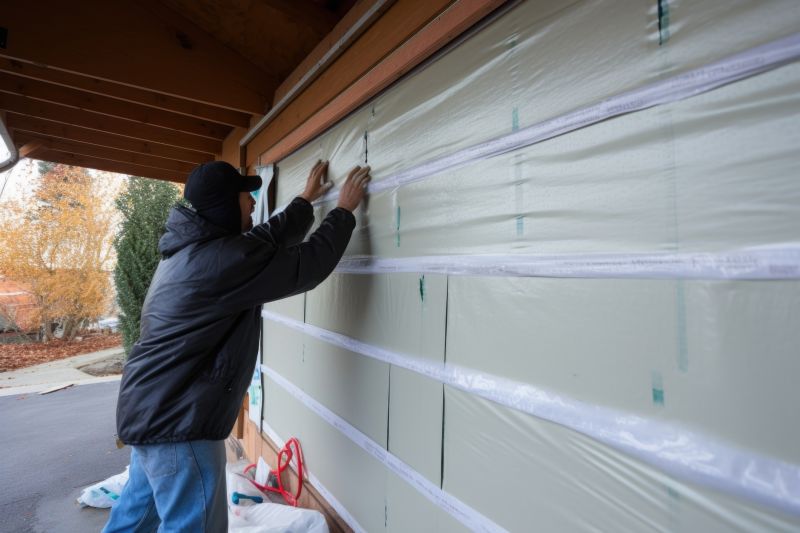
Better insulation reduces heat loss, lowering energy consumption and costs.
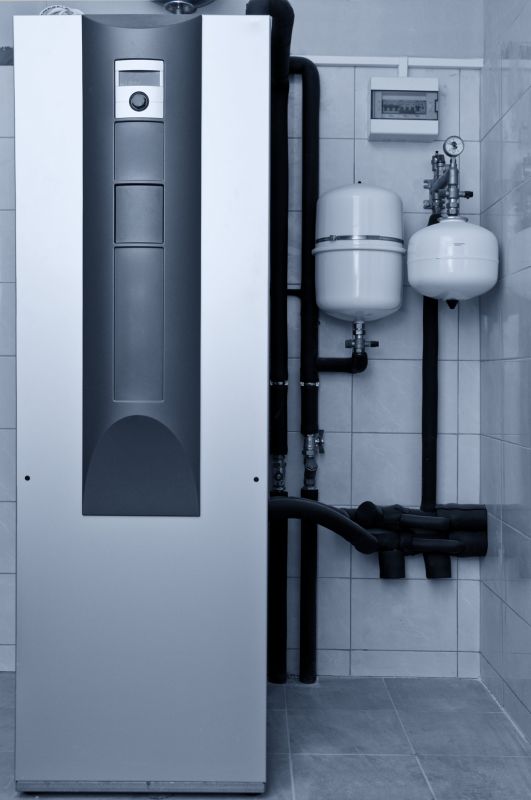
Efficient systems consume less energy, decreasing overall heating expenses.
| Factor | Average Cost Impact |
|---|---|
| Fuel Type | Varies widely; natural gas tends to be cheaper than electricity or oil |
| System Efficiency | Higher efficiency systems reduce energy use and costs |
| Insulation Quality | Poor insulation increases heat loss, raising expenses |
| Home Size | Larger homes require more energy to heat |
| Usage Patterns | Longer heating seasons increase overall costs |
| Thermostat Settings | Higher settings lead to increased energy consumption |
| Maintenance | Regular maintenance ensures optimal system performance |
Heating costs can fluctuate based on the combination of fuel prices, system performance, and home characteristics. Proper insulation and efficient heating systems are critical in controlling expenses. Regular maintenance and mindful usage patterns contribute to cost savings over time.
Investing in energy-efficient heating solutions and improving insulation can lead to substantial reductions in heating expenses. Monitoring usage and maintaining systems ensure consistent performance and cost-effectiveness.
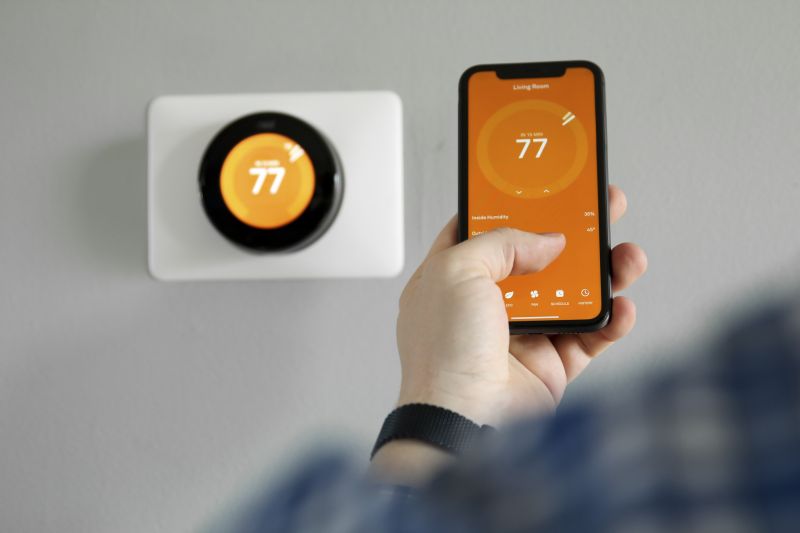
Smart thermostats help regulate temperature efficiently, reducing energy use.
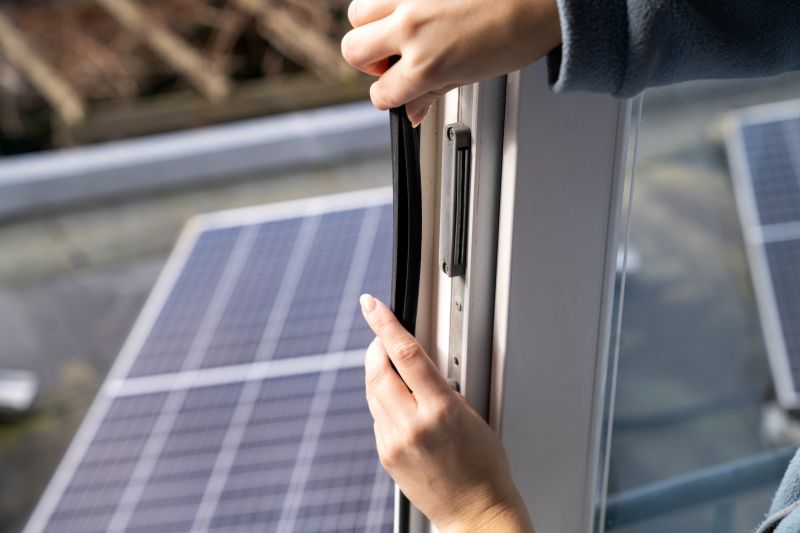
Upgrading insulation minimizes heat loss, lowering heating costs.
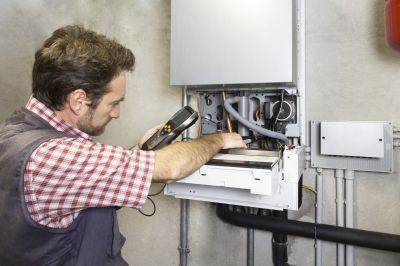
Regular servicing ensures optimal operation and efficiency.
| Service | Average Price Range |
|---|---|
| Heating System Installation | $3,000 - $7,000 |
| Thermostat Upgrade | $150 - $300 |
| Insulation Improvement | $1,500 - $4,000 |
| Annual System Maintenance | $200 - $500 |
| Duct Sealing | $1,000 - $2,500 |
| Radiator Replacement | $500 - $2,000 |
| Boiler Replacement | $4,000 - $9,000 |
| Heat Pump Installation | $4,500 - $8,500 |
| Fuel Tank Replacement | $2,000 - $5,000 |
| Smart Thermostat Installation | $100 - $250 |
